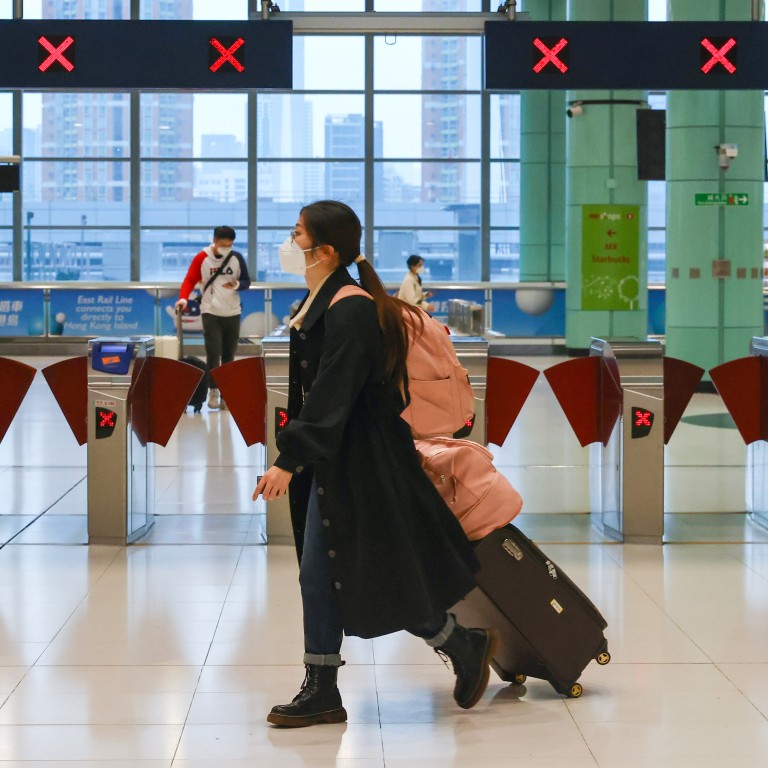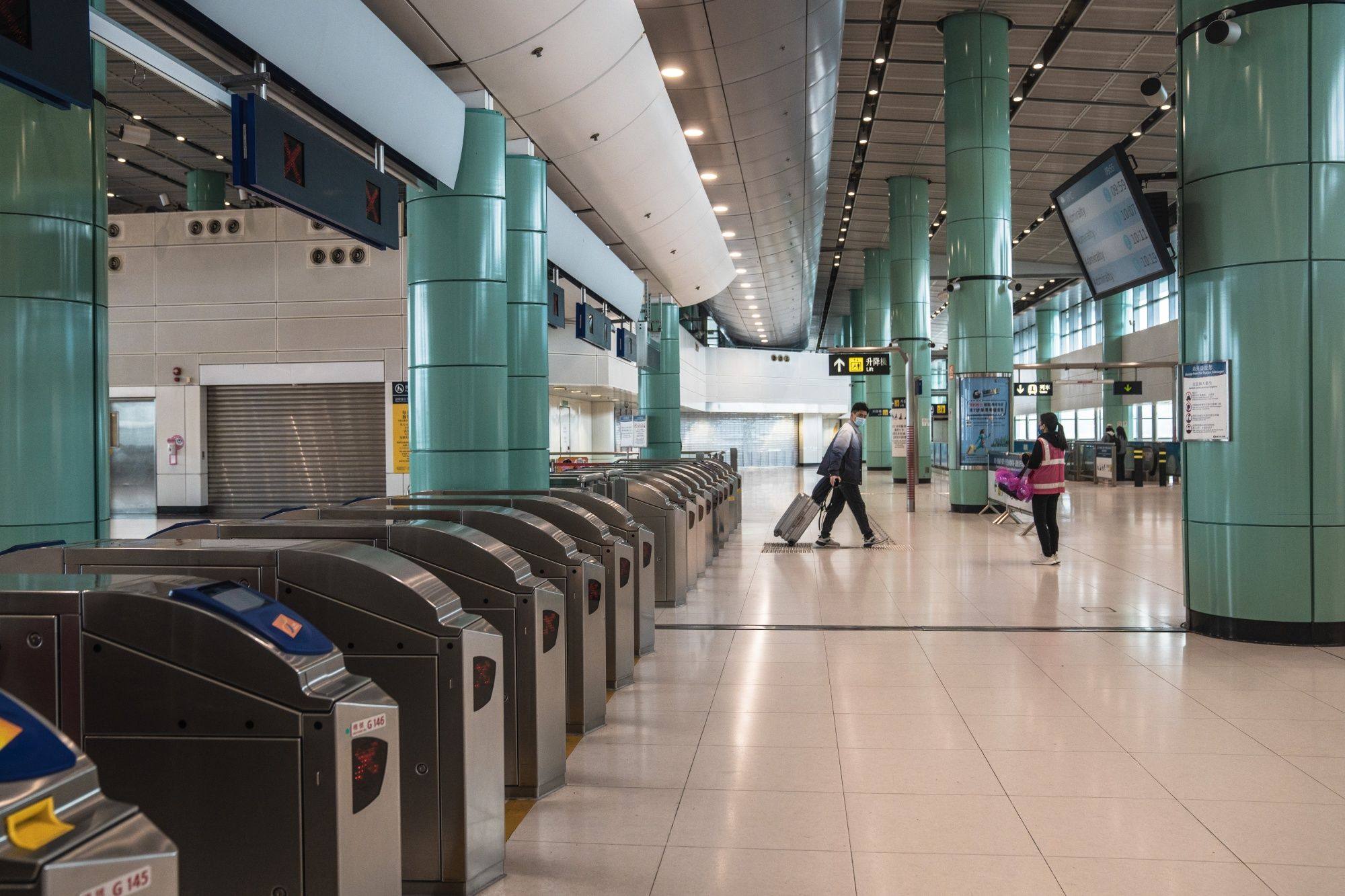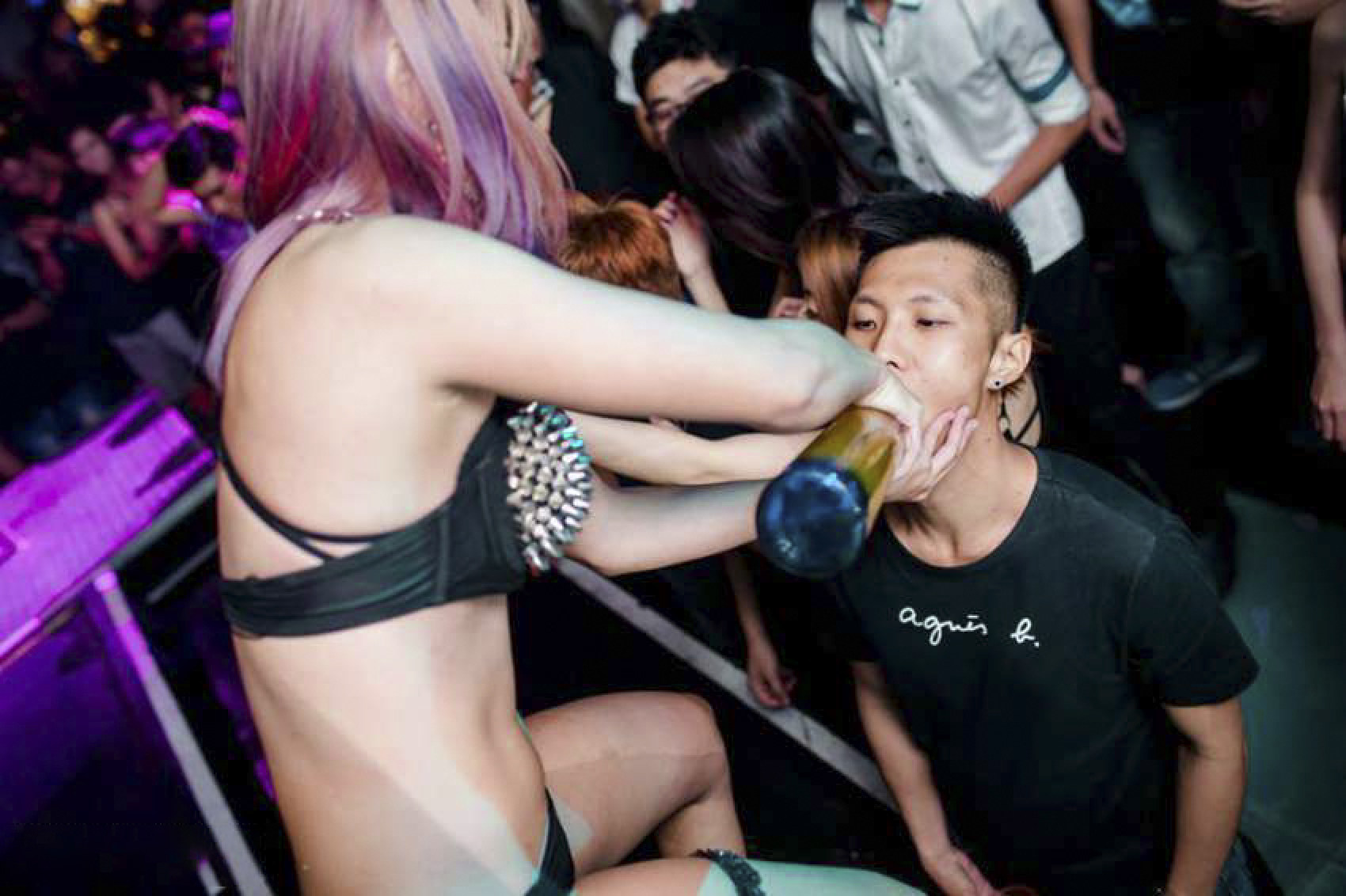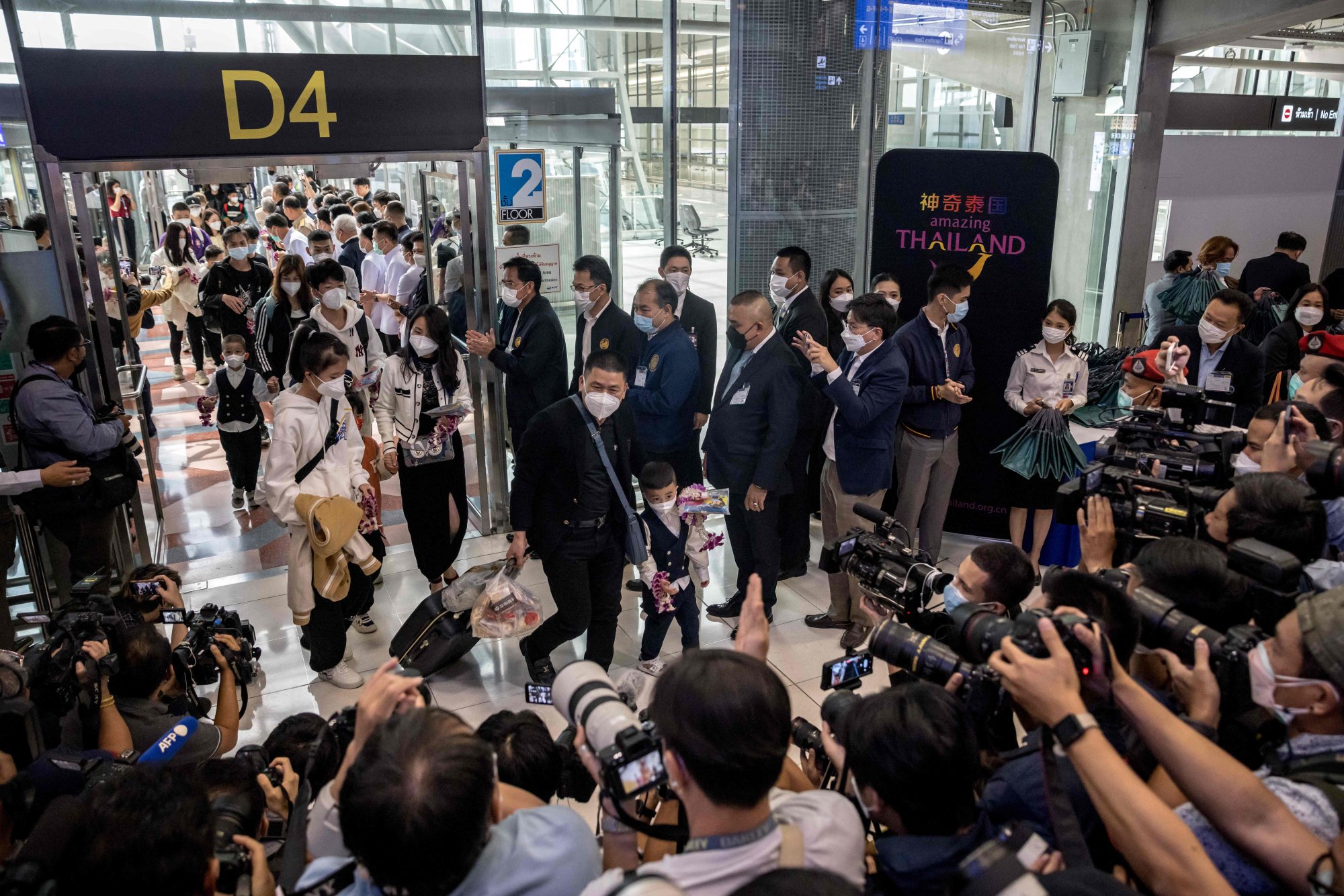
Why mass travel in and out of China is still months off – from ‘crazy’ flight ticket prices and Covid fears to other countries’ restrictions and visa issues
- Despite mainland China finally dropping Covid-19 travel restrictions, many barriers still exist to any kind of normal tourist travel to and from the country
- One example of a seven-day trip from southwestern China to Bangkok more than quadrupling in price since 2018 shows how much flight tickets have increased
The borders have reopened and quarantine is a thing of the past, but…
Predictably, Lok Ma Chau and other crossing points between Hong Kong and mainland China came alive this week, as Covid-19 border restrictions were dropped; however, a return to a great wash of people travelling in and out of China remains some months off. For a variety of reasons.
For a start, anyone eager to enter mainland China for any purpose other than business, homecoming, family reunion or study will still have to wait. Beijing is not yet issuing tourist visas and has given no indication as to when that might change.
Even an unexpired 10-year tourist visa for China wouldn’t be valid until the government gave the green light to leisure tourism, Daria Westerfield, owner of American agency River Oaks Travel, explained to the Bloomberg newswire.
“We are still kind of in a hold pattern for the normal traveller to go see China.”
The Thai town fast gaining a name as a great weekend break from Bangkok
Even when that green light is given there will remain hurdles, one of which is likely to be the scarcity and cost of flights. It will take time for airlines to ramp back up to pre-pandemic scheduling.
“It’s […] crucial for the international flight schedule to increase, which will make it easier to get to China and also bring down flight prices, which are still well above pre-pandemic levels,” George Cao, CEO of marketing and research company Dragon Trail International, told CNN Travel.
“This has already started for certain destinations – for example, many flights between China and South Korea, and between China and Singapore, have resumed already [but it’s not clear how quick the process will be for other routes].”

What might happen if a visitor catches Covid-19 in China (hardly an unlikely scenario)? Who will have to cover the costs if you have to wait for a negative test result before returning home? Could lockdowns be swiftly reimposed?
The Four Horsemen of the Apocalypse have more than a passing interest in the non-pandemic-related uncertainties plaguing international travel to and from China.
With war already raging in Ukraine, might a similar conflict break out over Taiwan? As climate catastrophes unfold thicker and faster than ever, the likelihood of one striking the moment you deplane at Beijing Capital Airport cannot be discounted.
‘Worse than a tsunami’: pummelled Indonesian resort island is in bad shape
As for tourists heading out of China, there doesn’t seem to be any great stampede in that direction, either, even though a quick Google search reveals how desperately they are awaited in Thailand, Japan, Turkey, Australia and almost any other country you care to mention.
Again flights are a main stumbling block, with those scheduled to wing their way out of the Middle Kingdom in the first quarter reportedly at 10 per cent of pre-pandemic levels.
“Ticket prices are going crazy,” Shanghai marketing manager Qin Bing was quoted as saying in a different Bloomberg report. Qin, 36, used to fly abroad at least three times a year before the pandemic but now fears Covid reinfection and high flight costs.
‘Laughable’: how Hong Kong’s Kai Tak project is being shown up by Greece
“Travel packages are only for people who have money to burn; definitely not me.”
Bloomberg also quoted Zhao Ling, a Deyang, Sichuan province-based travel agent, who claimed that a seven-day trip from southwestern China to the Thai capital of Bangkok that would have cost 1,880 yuan (US$280) in 2018 now starts at 7,580 yuan.
As China reopens borders, which countries are imposing Covid travel curbs?
And then there’s the worry that you might book a trip only to find you’ve joined the millions across China who have come down with the virus when the day of your departure arrives.
All this suggests the bounce international tourism operators were hoping for at the beginning of the Year of the Rabbit won’t be as springy as they may have expected.
So when might the floodgates open?
“Tourists coming to China – we think that will be the second half of the year,” Albert Ng, co-founder of WildChina, an experiential travel company based in Beijing, told Bloomberg.
‘You’re going to be in a video game’: America’s new Super Nintendo World
As for when Chinese tourists will return in their full, US$280 billion force to the global stage… well, let’s just say businesses still have plenty of time to get “China ready”.
Taiwan nightclub refuses entry to white males

“X-Cube in Taichung, Taiwan refuses entry to white males” runs a headline in the Taiwan News.
The X-Cube has suffered “too many incidents of tall, white males losing control after drinking”, according to a statement issued by the nightclub, which has “insufficient security personnel to deal with these situations”.
Furthermore, “(Men) of European or American ethnicity are overly enthusiastic in their efforts to party with (Taiwanese) girls. In many cases, their enthusiasm and physical actions are perceived as harassment by Taiwanese women.”
Thai tour group deserves ‘Tourist of the Year’ medals after meal box fiasco
In a further slap-down, a representative of the club claims X-Cube is barring white fellas for their own good, because once they start with their aggro, they’re likely to be beaten up by offended Taiwanese patrons.
A legal case could probably be made against this barring on the grounds of racial discrimination. But – and Destinations Known speaks from experience, here – white guys and alcohol do often make for a volatile mix, so perhaps they should let this particular exclusion slide, maybe even learn from it.
After all, it’s not as though Caucasian males are a particularly downtrodden demographic in the grand scheme of things, is it!
Bangkok issues sharp U-turn on visitor vaccination requirements

Constantly changing coronavirus requirements are hard enough to follow even when the powers that be don’t “pull a U-ey”.
Nevertheless, U-turns seem to be in vogue. The latest comes courtesy of the Bangkok authorities, who on January 7 announced they would ask all visitors to Thailand (not just those coming from China) to show proof of a Covid-19 vaccination from January 9 onwards – only to turn around on the day of implementation to say such a stipulation was unnecessary after all.
We’d be tempted to call such a sharp reversal a V-turn rather than a U-turn.

